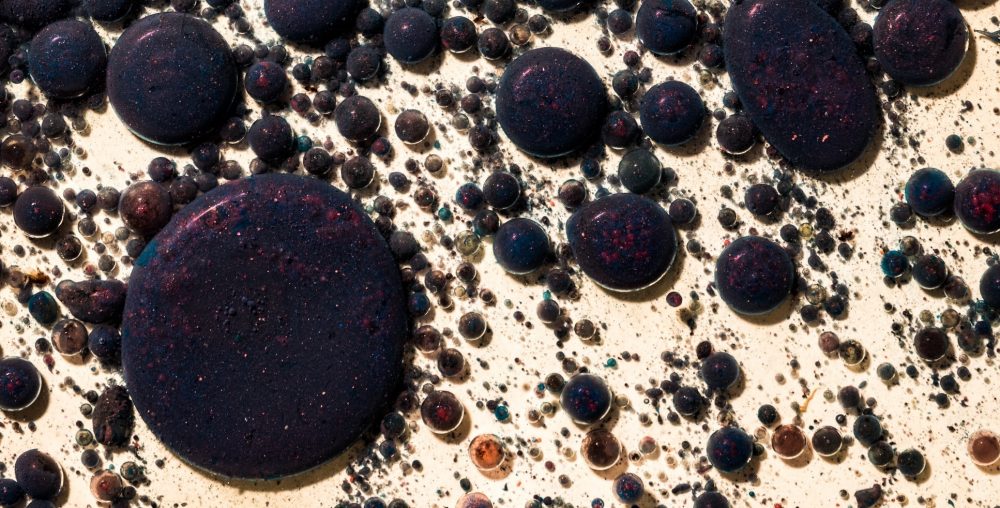 Sati Heer-Stavert is a GP and Clinical Education Fellow, University of Warwick. He is on Twitter: @SatiHeerStavert
Sati Heer-Stavert is a GP and Clinical Education Fellow, University of Warwick. He is on Twitter: @SatiHeerStavert
General practice has always been a beacon of introspection within the health service. GPs as gatekeepers, holistic practitioners or even intergenerational guardians of health sit uneasy with the algorithms and architecture that modern medicine defines itself with. Societal expectations along with organisational change, the reach of mis/disinformation, novel pathogens and the health effects of climate change are further opportunities for us to question what it now means to be a GP, let alone a good one.
The difficulty with defining things is not new. Readers of Ancient Greek literature will be aware of how annoying the citizens of Athens found Socrates, occupied as he was with knowing nothing. Today, the relevance of ancient philosophy to medicine is often confined to the ideas of Aristotle’s virtue ethics. The concept of phronesis (practical wisdom) seems particularly relevant to those physicians with a disposition for general practice and its understanding continues to experience a contemporary renaissance.1,2 Renewed interest in the philosophy of general practice lends credibility to re-examine the most simple question that remains frustratingly difficult to answer: What is general practice?
What is general practice?
Now consider the sophisticated nature of a GP and the characteristics a Form would possess to permit GPness? This Ideal GP is the one from which all other GPs are imperfect facsimiles. Of course, GPs are more complex than geometric shapes but like triangles, there are more than one type and they all must share some essential characteristics that both define them and separate them from other things.
From gut feelings through to the transposition, transcription and translation of Korotkoffian whispers into an index of mortality, GPs are adept in the art of interpreting shadows.3,4 Directing this ability into the intellectual exercise of illuminating our own nature is an important one with practical implications. Toon highlights the ‘GP should syndrome’ where GPs are told they should [insert whatever you like here].5 However, a GP cannot do everything, there must be limits. Therefore the opposite but more challenging approach is equally important in delineating ourselves: What shouldn’t a GP do?
A GP cannot do everything, there must be limits… What shouldn’t a GP do?
We cannot be left with doing everything and nothing.
References
- Svenaeus F. Hermeneutics of medicine in the wake of Gadamer: the issue of phronesis. Theor Med Bioeth. 2003;24(5):407-31. doi: 10.1023/b:meta.0000006935.10835.b2. PMID: 14760869.
- Misselbrook D. Medical philosophy? Smart thinking for doctors. Br J Gen Pract. 2013 Jan;63(606):8. doi: 10.3399/bjgp13X660625.
- Smith CF, Drew S, Ziebland S, Nicholson BD. Understanding the role of GPs’ gut feelings in diagnosing cancer in primary care: a systematic review and meta-analysis of existing evidence. Br J Gen Pract. 2020 Aug 27;70(698):e612-e621. doi: 10.3399/bjgp20X712301.
- QRISK®3 calculator, https://www.qrisk.org/
- Toon PD. What is good general practice? A philosophical study of the concept of high quality medical care. Occas Pap R Coll Gen Pract. 1994 Jul;(65):i-viii, 1-55. PMID: 9248307; PMCID: PMC2560367.
- Russell, B. (1945). History of Western Philosophy.
Featured photo by Dan Cristian-Paduret on Unsplash






